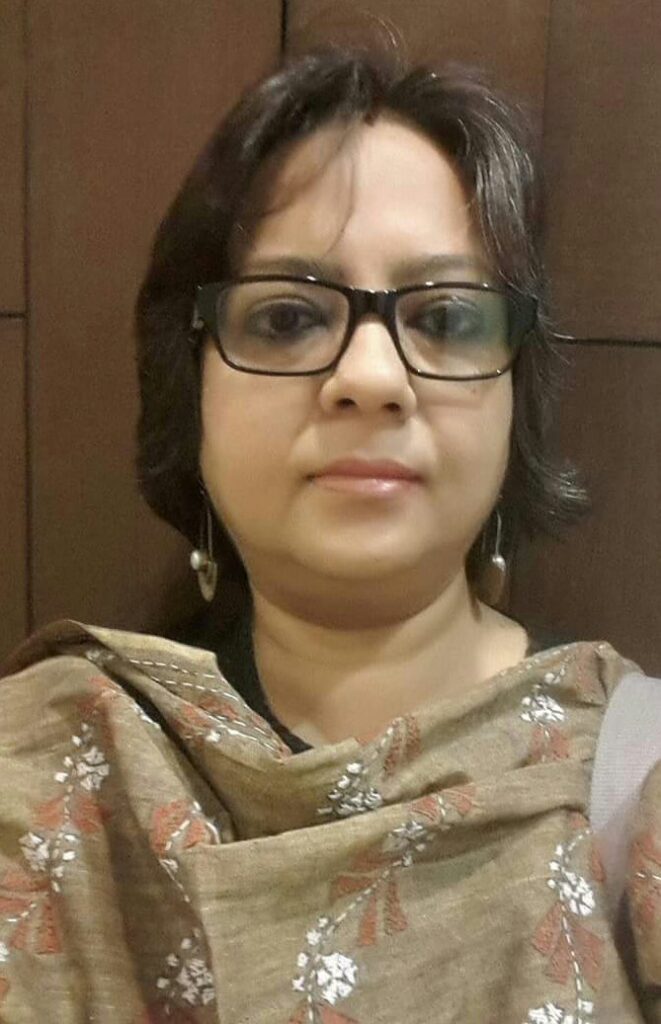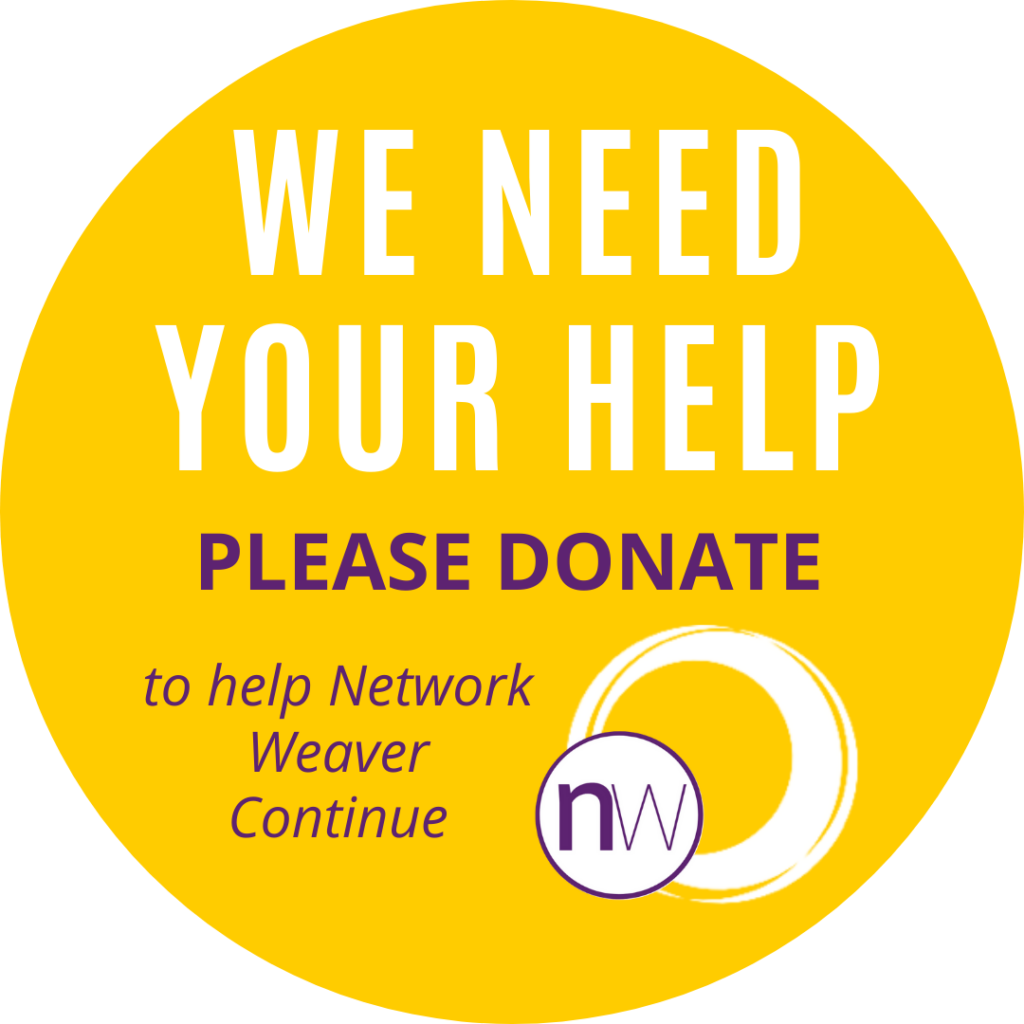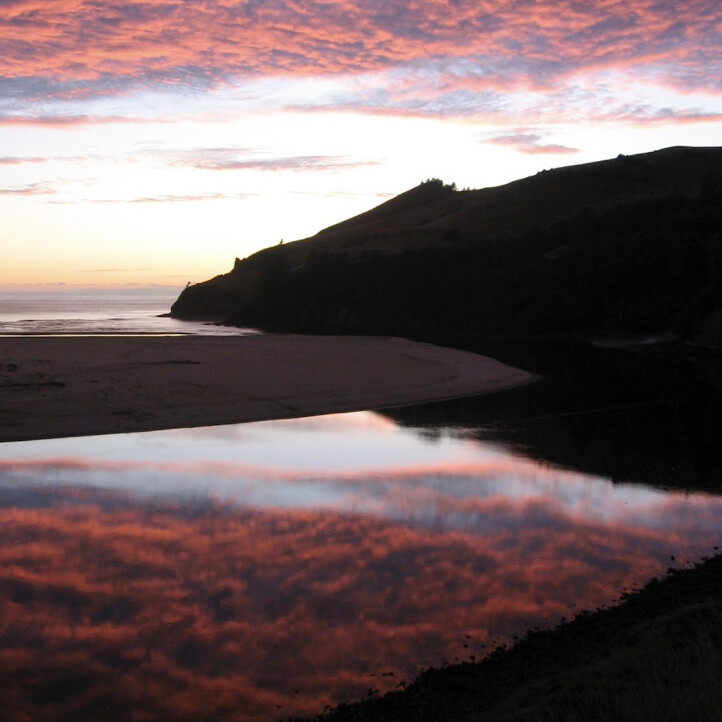When systems collapse, people rise…
A tiny, invisible, and obscure virus has thrown the world into chaos. It has flummoxed and baffled nations, countries, politicians, scientists, doctors, presidents, principals, parents, students, in short, everyone. The gears of the post-Industrial world have ground to a juddering halt for the first time in history. A great pause button has been pressed. What multiple calamities over the last decade couldn’t achieve has been done by an invisible virus.
Do we see this as Armageddon or a chance to re-imagine a “world that works for all”? Can we appreciate the grand design?
We are witnessing unfathomable and profound suffering, particularly of the marginalized and the deprived, in a world that was horribly unprepared for a global calamity of this nature. Many are likening this period to the 1918 Spanish Flu, which swept across the world killing between 17 million and 100 million people worldwide. We don’t yet know what the death toll of Covid19 will be as the virus rampages across nations made fragile by inequity, flouting all efforts to contain it. What to me seems sad and surprising is the abject failure of high tech, big data, and big pharma in coming up with anything remotely groundbreaking in the face of this apocalypse.
Yet, in the midst of it all, can we hold our fear and uncertainty with compassion? Can we abide in this in-between space and listen to its messages?
Unfortunately, while the situation calls for “collective coherence,” we are experiencing divisive and disruptive politics; segregation of humanity based on religion, race, caste, class, creed, and gender; acrimonious and hostile behavior toward the marginalized and the minorities almost everywhere. These unfolding patterns reveal and underscore the emotional and spiritual schisms, estrangement, and hollowness afflicting societies today. The pandemic, on the other hand, is emphasizing a lesson that is the exact opposite of this sense of separation; it is repeatedly accentuating the deeply intertwined and inter-related nature of all life on this planet.
Are we truly sensing and listening? Do we feel it in our bones that none of us can be happy, healthy, and healed unless all of us are?
Sadly, we have become attuned to the Story of Separation where each one must fend for themselves, defeat the “enemies,” demolish the weak. We are used to waging wars. We can bomb, blast, bulldoze, battle, and build walls to keep the enemy at bay. Unfortunately, the coronavirus does not yield to guns or grenades. Hence, while we seek to “wage a war” against the virus — the language most nations are using — we are failing. Sadly, it also says something about our world that we are more prepared for war than to deal with global health, hunger, and humanitarian crises. No wonder, many governments are trying to handle this like a war. It exonerates them for being singularly unprepared.
The narrative of war is used as a legitimizing discourse. Wars inevitably have casualties. Wars require sacrifice. The narrative of war heroes is used to justify putting health workers at risk.
Not only is the analogy of war misplaced on factual grounds; it also misses the possibility to cultivate an imagination that builds on narratives of peace, solidarity and social justice — and to foster a more acute understanding of how we are all fundamentally dependent on one another as inhabitants of a shared planet.
How would a resilient, responsive, and anti-fragile world have responded to the crisis? What can we collectively do to co-create such a world?
What is becoming evident is that in the face of this apocalypse, it is not high tech and military prowess but high touch and compassion that is saving the day — doctors, nurses, healthcare workers, grocery storekeepers, teachers, journalists, civilians, NGOs. Communities of citizens are coming together to distribute food to the hungry, make masks for hospitals, help stranded migrant workers in India reach home, and much more.
I wonder, when we come out of this crisis, how will our priorities change? How will we honor what truly makes us human? What choices will we make as individuals and collectives to envision and reinvent a resilient and regenerative future?
For a long time, the world has been teetering on the brink of collapse, and now Covid19 has pitched us headfirst into the center of it. The fissures and fractures in our societies and nations, the rifts and ruptures in our politics and policies, and the crudely papered-over sordid and squalid brokenness of the systems stand brutally exposed. We suddenly find ourselves floundering in a liminal space of uncertainty, ambiguity, and unknowing. Lost and adrift emotionally, spiritually, and even physically, we are scrambling to make sense of a world that has fallen apart, whose center proved too weak to hold and sustain. And as the center collapses, we can see the edges rising.
Are we noticing the rise of ordinary citizens? What will it take for this sense of inter-connectedness to persist even after the crisis is past? How can we continue to act from this place of Interbeing?
Despite the superficial gloss and glitz of the 21st century life, we have failed to build resilient societies. We have collectively made choices over decades that have brought us to this point in our civilization’s trajectory. We have ignored signs and warnings of ecological crisis, social turmoil, and political perfidy. We have long forgotten that we are inextricably and indelibly connected to all human and more-than-human life on this planet. I believe that Covid19 is giving us an opening to pause, reflect, and re-imagine a different world — a world of greater equity, justice, well-being, and security for all sentient beings.
What does a more integrated, thrivable, and regenerative world look like? How do we align with our inner source of being? How do we befriend our future emergent selves?
It is asking us to go beyond our current selves, befriend our emergent selves, and co-create a more beautiful world from this liminal space that we are currently in. Perhaps no other writer or poet has captured the essence of it like David Whyte…
Just Beyond Yourself
Just beyond
yourself.It’s where
you need
to be.Half a step
into
self-forgetting
and the rest
restored
by what
you’ll meet.
I see hope arising even in the midst of anxiety and anguish. Our forgotten humanity — submerged in the false busyness of our days — is rising to the surface. I am seeing myriad groups of individuals going beyond their selves and coming together to serve the desperate and the deprived even as governments, strategists, and policy-makers flounder and resort to denial, de-sensing, and destroying every little possibility out of avarice, dishonesty, and egotism. But the “movement of movements” is refusing to be subdued. As Otto Scharmer rightly said, As Systems Collapse, People Rise.
How can we come together as evolutionary communities to heal the planet? How can we bring our gifts in service of a regenerative future?
Paul Hawken described this “movement of movements” beautifully…
I believe that we are part of a movement that is greater, and deeper,
and broader than we ourselves know, or can know.
It flies under the radar of the media, by and large.
It is non-violent. It is grassroots.
It has no cluster bars, no armies and no helicopters.
It has no central ideology.
A male vertebrate is not in charge.
And it is this power of communities that I want to write about. I have been urging organizations to reinvent themselves as communities and ecosystems in my articles, some of which can be found here, here, and here. I believe that the power of communities — people coming together around a shared vision, passion, and purpose — can transform the world and take us toward an anti-fragile, resilient, and regenerative future.
How can communities of diverse and committed individuals reinvent and co-create the metaphors, narratives, and structures for a thrivable future?
“There is no power for change greater than a community discovering what it cares about.” — Margaret J. Wheatley
Let me digress a bit and explain what I mean by “communities.” It is NOT an echo-chamber where homophily — a fancy word for group think — is the norm. Echo-chambers are designed around the concept of “Us” vs “Them” — a constant “othering” that keeps the world polarized, divided, angst-ridden, and adversary-filled. We can see this everywhere with human beings turning against fellow humans on the grounds of caste, class, creed, religion, race, sex, age, food habits, and every other criterion we can imagine. Social media — once the dream of democratic communication and the fount of collective intelligence — have had exactly the opposite effect. It has exacerbated polarization, group-think, and schism under the guise of globally interconnected networks.
Instead of celebrating the vibrant, joyous, and abundant diversity that makes up our world, we are striving to create a monochrome palette that will render our planet dreary, dull, and dangerous. Our very regeneration and resilience lie in diversity and difference. This is where, I believe, consciously designed communities come in. Communities come into being when diverse individuals come together in the service of a purpose larger than themselves. A purpose that feels aligned with their own calling and invites all on a co-creative journey that moves them toward the purpose.
As the old world falls apart, what is emerging are networks of individuals stepping forward to take care of the brokenness, to heal the wounds with whatever resources are available to them, to step beyond the self into a larger space of oneness. They are as diverse as they come and yet they are bound together by a vision of a fairer, just, and a kind and compassionate world. Most of these communities have formed spontaneously in response to the appalling predicaments and miseries being faced by the dispossessed everywhere.
Such communities are built on voluntary participation based on inner alignment and coherence of purpose. They foster a deep sense of belonging, where everyone contributes from their sense of selfhood and unique capabilities. Such synergy cannot be forced but arises from an intermingling of varied perceptions; thus, the whole is always greater than the sum of the parts. Something is born that didn’t exist before. The intangible is expressed, the unthought is revealed, the elusive becomes explicit. The impossible gets done. And a “new way of being” is birthed. Hope refuses to die. New metaphors, narratives, and structures are co-created. Such is the power of intentional communities.
As the world teeters on the brink, we need such compassionate communities to be compasses that can guide us toward a future different from our past, that can become the “imaginal cells” of a more beautiful world our hearts know is possible.
May the best among us, the most visionary, the most inclusive, be the imaginal cells — for now we are in the soup. The outcome of disasters is not foreordained. It’s a conflict, one that takes place while things that were frozen, solid and locked up have become open and fluid — full of both the best and worst possibilities. We are both becalmed and in a state of profound change.
I have explored the qualities and prerequisites of such intentional and conscious communities in Part 2 of this post.
*The tagline of this post is inspired by Otto Scharmer’s article of the same name.
Read part 2 HERE
Originally published HERE on June 1, 2020
Sahana Chattopadhyay is a global Speaker, Writer, Master Facilitator, Organization Development Consultant, and Coach. She works at the intersection of Complexity, Human Potential, Organizational Transformation, Systems Thinking, and Emergence. Her passion is to enable organizations to develop the capacities, skills, and mindsets to become “thrivable” in the face of uncertainty and ambiguity.
PLEASE DONATE to help Network Weaver continue in it’s mission to offer free support and resources to networks worldwide.
Related Posts
November 4, 2024
Receiving Love and Care: A Liberatory Practice
June 21, 2024





